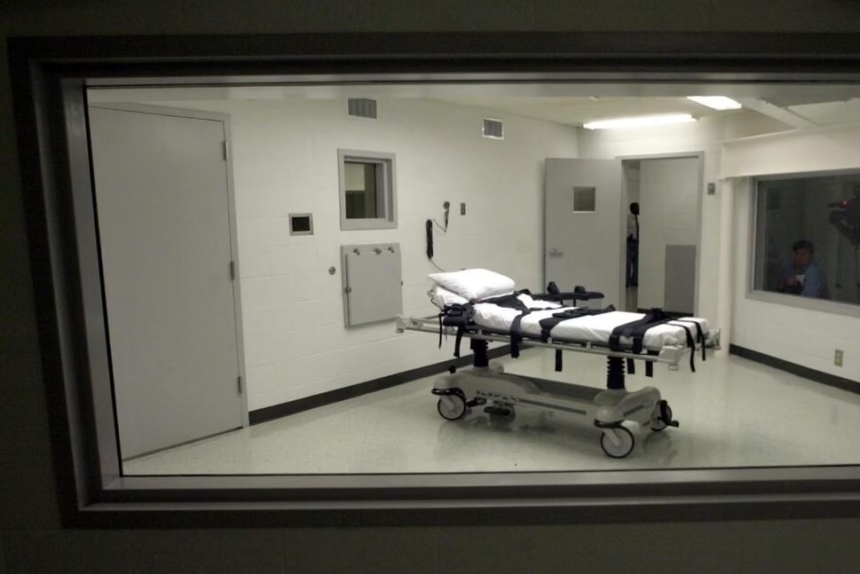Florida is moving forward with a comprehensive package of immigration enforcement measures, including a controversial proposal that would mandate capital punishment for specific offenses committed by individuals who entered the country illegally.
On Wednesday, influential committees in both chambers of Florida’s legislature gave their approval to legislation (HB 3C and SB 4-C) that would require the death penalty for undocumented immigrants found guilty of premeditated murder or sexually assaulting minors. This legislative action is part of a dedicated session addressing immigration matters, aligned with former President Donald Trump’s stringent stance on border control.
Constitutional Challenges and Extreme Measures
The proposal, while gaining traction among Republican representatives, has encountered significant resistance, especially from Democratic lawmakers and civil rights groups. House Democratic Leader Fentrice Driskell emphasized that mandatory death sentences have consistently been deemed unconstitutional by the nation’s highest court.
Representative Sam Garrison, a Republican backing the legislation, maintained that the bill specifically targets “the most dangerous criminals.”
The legislation also incorporates a provision that would criminalize intentional entry into Florida by undocumented individuals who have previously evaded federal border security. First-time offenders would face nine months of incarceration, while subsequent violations would result in a minimum sentence of one year and one day.
Republican Party Internal Disagreement
The Senate committee passed the bill with an 11-7 vote. Significantly, Republican Senator Ileana Garcia from Miami broke ranks with her party, citing her religious convictions as a “practicing Christian” for opposing the measure.
The policy has drawn additional scrutiny regarding its implications. Democratic Senator Barbara Sharief criticized it as undermining equal protection under the law, highlighting Florida’s history of judicial mistakes and racial bias in death penalty cases.
Maria DeLiberato, who leads Floridians for Alternatives to the Death Penalty, expressed doubt in her legislative correspondence, noting that any reversal of Supreme Court precedent on this matter was “extremely unlikely.”
Comprehensive Immigration Enforcement Strategy
Beyond this contentious provision, Florida legislators have endorsed an expanded immigration enforcement framework (HB 1C and SB 2-C). The legislation establishes a State Council for Immigration Law Enforcement, comprising the governor, attorney general, agriculture commissioner, and state chief financial officer. This body would facilitate coordination with federal authorities and oversee the distribution of $250 million in enforcement grants to participating agencies.
This development represents another significant step in Florida’s increasingly strict immigration policies under Governor Ron DeSantis’s administration, who has distinguished himself through progressively more restrictive measures targeting undocumented immigrants.
The legislature is scheduled to cast decisive votes on these measures this Thursday amid heightened political tensions.

